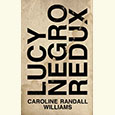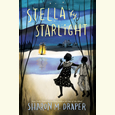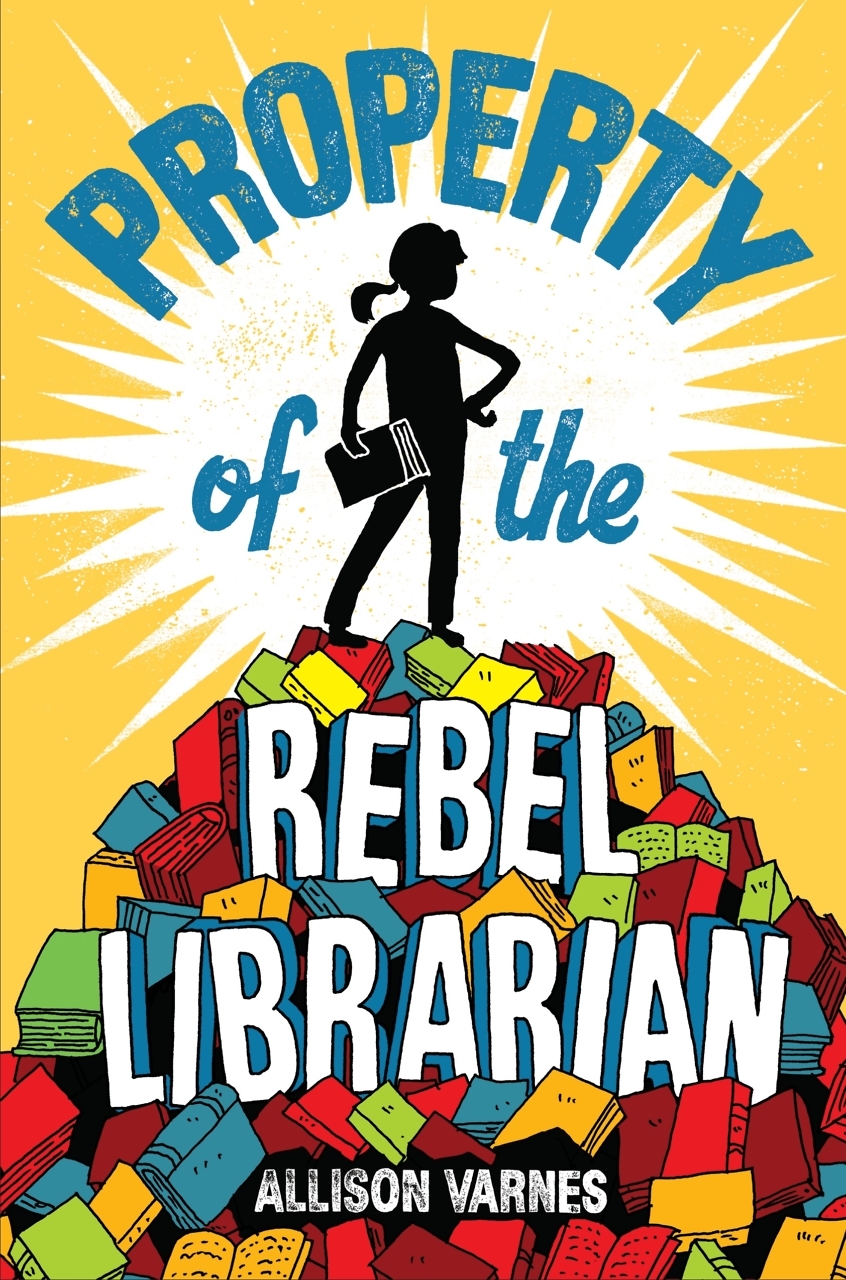Making It in Music City
Margo Price’s Maybe We’ll Make It is an artist’s unflinching self-portrait
In Maybe We’ll Make It, Margo Price delivers an unflinching self-portrait of an artist striving to find her sound and make her Music City dreams come true.
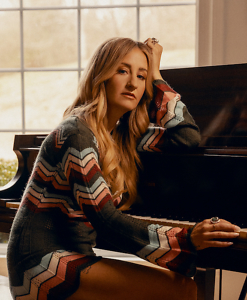
Price moved to Nashville from Illinois in 2003, when she was 20 years old. Back then, in those pre-gentrified days, the city was grittier yet still a musician’s paradise. If you’re familiar with Price’s career arc, you’ll know she didn’t come into mainstream success until her 2016 record Midwest Farmer’s Daughter. The meat of Maybe We’ll Make It takes place between 2003 and 2015, when she goes through an episodic series of struggles and transformative experiences that turn into memorable songs and hard lessons learned.
Just Kids, Patti Smith’s memoir about being a young artist in Greenwich Village, is the most apt comparison to Maybe We’ll Make It. Price sees Nashville through the eyes of a romantic. She is on the nose — in a charming way — when she writes about the Nashville neighborhood of Hillsboro Village, once an enclave for artists, hippies, and eclectic souls: “We loved Hillsboro Village because it felt like our own little slice of what I imagined Greenwich Village was like.” She name-checks establishments like Boscos and Bookman/Bookwoman, beloved sites that have since shuttered. Just as Smith’s version of the Village is gone, Price’s Nashville is a thing of the past. Yet she breathes life into this ghost, and throughout the book the city feels like a vivid, exciting place to come of age.
Early on, she meets Jeremy Ivey, now her husband and “one true love.” They are both scrappy, DIY musicians trying to make rent. Living in one rundown house after another, they convert spare rooms into recording studios. Once a day of shift work is over, picking parties and rowdy nights at dive bars begin. She spends hours in basement studios with her friends, “swapping our songs, learning covers, harmonizing,” and making records with Ivey. They grow together as musicians and partners: “We were both beginning to sound more like ourselves — whoever that was, whoever they were.”
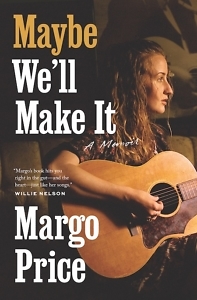 What did “making it” look like to Margo Price? Being able to play music and not go broke. Upon her arrival to Nashville, she is thrown into unsafe living conditions that reflect the dire economic circumstances she faces: scabies, roommates on meth, rat infestations, and much more. It’s grim, and she isn’t immune to outside perceptions of her lifestyle, remembering a time her family visited her in Nashville: “My mother later confessed that she cried when she saw the squalor in which we were living.” At one point, she and Ivey hit a “new level of poverty,” so they go dumpster diving and shoplifting while living paycheck to paycheck.
What did “making it” look like to Margo Price? Being able to play music and not go broke. Upon her arrival to Nashville, she is thrown into unsafe living conditions that reflect the dire economic circumstances she faces: scabies, roommates on meth, rat infestations, and much more. It’s grim, and she isn’t immune to outside perceptions of her lifestyle, remembering a time her family visited her in Nashville: “My mother later confessed that she cried when she saw the squalor in which we were living.” At one point, she and Ivey hit a “new level of poverty,” so they go dumpster diving and shoplifting while living paycheck to paycheck.
These struggles are all for the music. Yet finding recognition for her songs is elusive in the way it often is for outsider artists who don’t conform to genres or industry mores. While Price and Ivey are prolific in their output, with every chapter detailing the genesis of a new musical phase, homemade EP, cross-country tour, or band, there’s always a sense of things just not clicking for them.
Much of this has to do with the fact that Price feels the local scene in Nashville sees her as an “outcast” and a “pariah”: “We booked more shows around town but had a hard time finding a scene that accepted us. We were too country for the rock scene and too rock for the country scene.” The cookie cutter country music world is not for them, but neither is the “crusty punk” circuit. Price knows she’s a misfit, but she stays loyal to her sound and vision as they evolve.
Maybe We’ll Make It is tinged with Price’s anxiety and frustration about not being recognized for her art. This translates into a nagging need to run from Nashville, a place where she’s invested so many expectations. Musicians move to Nashville hoping to get something — fame, song credits, or opportunities to play. Price’s failure to get the acceptance she craves from the music scene makes grinding in Nashville feel like an endless struggle, one that’s enough to fill a book.
Artists of all creeds will find something relatable in Maybe We’ll Make It, with its raw depictions of the artist’s perennial dilemma: bridging the transcendental need to create with the very real need to survive. Beyond this, Price’s memoir offers a heart-wrenching account of her journey as a mother.
Now enjoying an enviable level of success, Price looks back at her decade-long pursuit of music from a safe place with nostalgia, finding meaning in the chaos of it all, as many artists have: “It was an era that belonged to us and us alone. It can’t be embodied by just one band or one song or one bar or one specific moment. It both took forever and was gone in a flash, and I didn’t ever want it to end.”
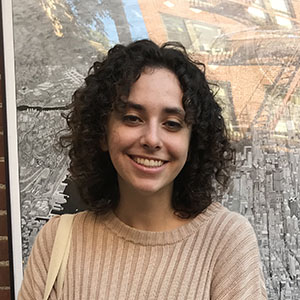
Jacqueline Zeisloft is a writer and editor whose work has appeared in Nashville Scene and Women’s Review of Books. She holds a B.A. in English literature from Belmont University. She lives in Brooklyn, New York.
